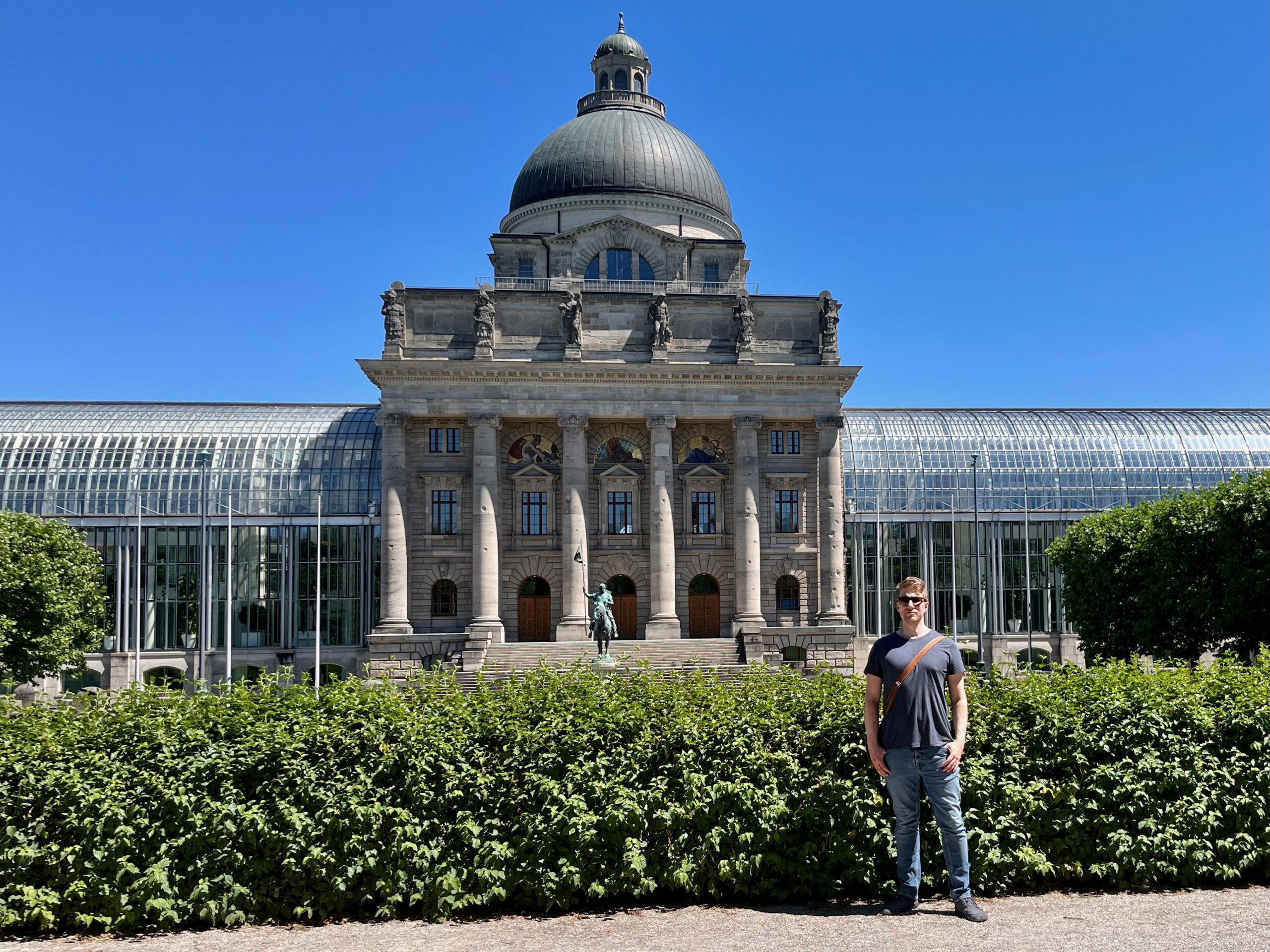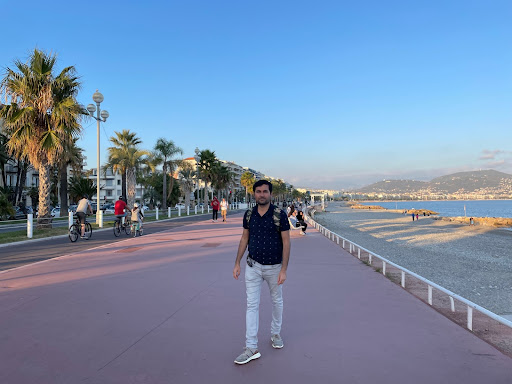Like most information workers, I’ve been working mostly remotely for the past few years. If you browse social media like LinkedIn, you might see pictures of happy remote workers sipping their drinks at a pool telling how remote working is fantastic. Good for them, but based on what I’ve seen, read and heard, usually remote working means working from home. We Nordic nomads also tend to be at home during the workdays.
Working from home has it’s benefits
The benefits of working from home are quite clear, no commute and you can create an office you like (if you have the opportunity). If you have a family, the option to be at home in the mornings and afternoons is quite precious. Here in Finland the weather plays a part also. Especially in late autumn, commuting every day in the dark and rain during rush hour is not actually an uplifting experience. The marketing people at Slush said it well: “nobody in their right mind would come to Helsinki in November”
Change it up
There are also drawbacks to working at home. You might feel alone, social interaction is done virtually and in general it may start to feel that the walls are closing in on you. To help you get rid of the usual work-at-home-in-your-pajamas routine you can try coworking. Coworking is an arrangement where workers from different companies share an office. It can be a joint rental agreement between companies or a provider of a coworking space who rents out the space temporarily to a companies and/or individuals. For individuals, the term we usually use is a hot desk. The desk is not actually warmer than any other desk, it just refers to the fact that it is not dedicated to you. We will concentrate on the hot desks for the rest of the story.
We Nordic nomads have a subscription to Spacent, an “Uber of coworking”, which has a nice coverage of coworking offices’ hot desks in Finland. I’ve now tried approximately 10 of their spaces divided between several different cities. The spaces have varied from hotel lobbies to Spacent’s own, dedicated office space. Besides coworking offices, I’ve worked at cafeterias and libraries. They also fall into the category of hot desks as you usually don’t have dedicated desk there.
What to expect from a hot desk
In its simplest form, a hot desk is just a chair and a table in a random location. If you are paying for it, you can expect a bit more. Based on my experience, I compiled a check list for a good hot desk:
- Electricity (obvious, but the sockets should be near, preferably on the table)
- A working internet connection (wifi with password somewhere to be found)
- Working adjustable chair and table (non-functioning electric table is a real bummer)
- Working toilet with toilet paper nearby(!)
- Coffee and water available (mugs would be nice too)
- Peaceful environment (preferrably not in a corridor)
- Phone booth/meeting room for calling (related to point 6)
- Some lunch options nearby (unless you bring your own lunch)
- Good availability (free/cheap parking, public transportation)
- Separate room for breaks
- A safe to check in your gear while at lunch
- A way to move freely in and out of the coworking space (tag, key or access code)
A good vibe or just a space to work?
The list is pretty much the same as what you would expect from an office of your own. Some coworking providers are just renting out free space, others really try to concentrate on creating a good coworking experience. The effort shows and the best ones I’ve been so far in are Ofisio in Kuopio ja MOW Supernova in Tampere. They tick almost all of the points but are not perfect either. Ofisio has only a single room for calling and MOW has pretty expensive parking for a hot desk user if arriving by car.
Make some noise, but not too much
The challenge with coworking offices is that they are best when they are sparsely occupied. If every desk is taken and all rooms are rented, sitting in the middle of hot desks may not be a pleasant experience. On the order hand, if there is no one else, moving yourself from home isolation to coworking isolation does not make any sense. The sweet spot is a handful (amount depending on the space naturally) of people from different companies who have come to the coworking for the same reason as you, avoiding the closing walls.
Looking for new opportunities?
If you are a software professional who would like to work in a fully remote company, please check our careers page.
Image from Pexels by Joey Kyber






